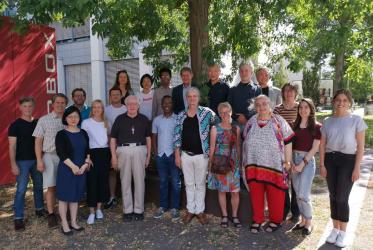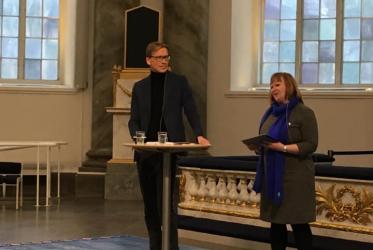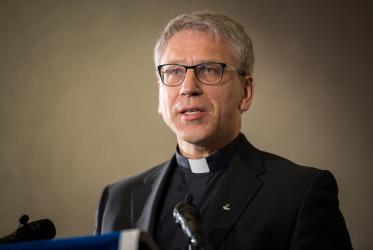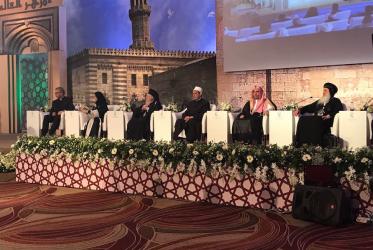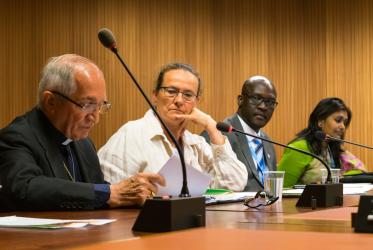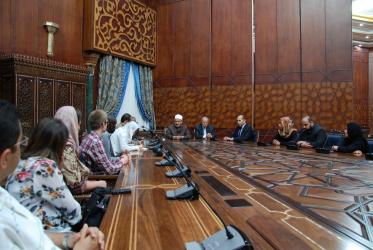Displaying 1 - 15 of 15
Ecumenism is a sense of belonging
08 February 2019
Tveit: “We are called to embrace the gifts of the others”
07 November 2017
WCC students study what makes a peace communicator
18 July 2017
What does ‘prudence’ mean for dialogue and peace-building?
16 November 2016
Religion: Way of war or path to peace?
30 June 2016


